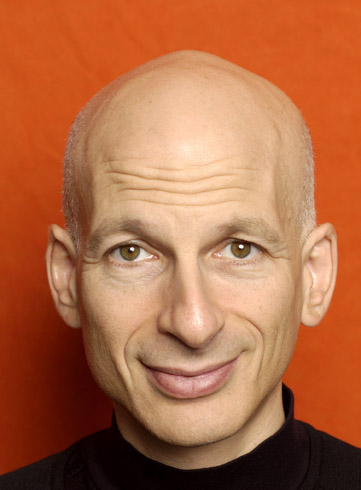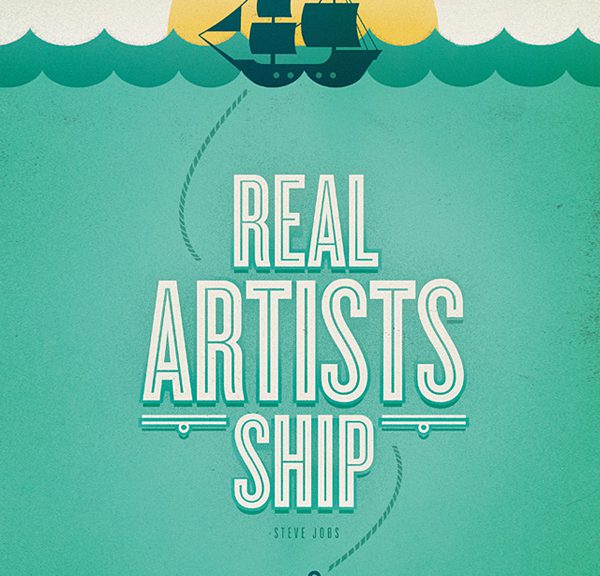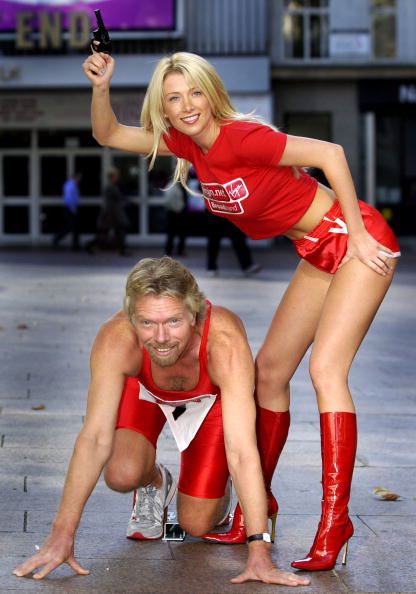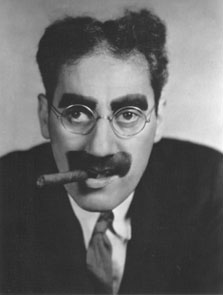The GENERAL CRITIQUE of LINCHPIN:
 Seth Godin does not provide detailed solutions to practical employment dilemmas of the functionary kind. Godin is abstract, a marketer, and he’s a journalist without the experience of working in an Amazon or Apple corporation. His advice that linchpin’s should be artists seems so out of touch with what it is like to work in startups, or businesses generally. At one point he says, schools should teach two things: 1) solve interesting problems, and 2) be a leader. The only problem is a scarcity of leadership positions that are sustainable, Godin. The Functionaries Paradox is that if everyone believes that they are a leader/entrepreneur, it becomes extremely difficult to get anything done in a business team. There are still millions and millions of functionary roles that need to be completed in Western society. Godin, in fact, is speaking to a very small pool of risk taking entrepreneurs but trying to mask it as if a midlevel manager in a corporation can be linchpin without compromising their execution of tasks, and their functionalist remit. Entrepreneurs or linchpin’s as he calls them are UNEMPLOYABLE. He provides no examples of linchpin from bankers to lawyers or doctors, he is talking about entrepreneurs and more loosely about marketers (whom he loves as it’s what he does) while pretending that being a linchpin can work in any business. Marketers frequently under emphasize the scarcity of resources, the scarcity of eye balls, and time which limits the number of Squidoo.com users, or in the case of the linchpin, the number of leaders that can actually aquire leadership positions that are meaningful. Godin can’t say that he’s talking to a small group of risk takers, because then most job-stability focused people will put the book down. He’s repackaging the ethos of the entrepreneur, and more vaguely the artist.
Seth Godin does not provide detailed solutions to practical employment dilemmas of the functionary kind. Godin is abstract, a marketer, and he’s a journalist without the experience of working in an Amazon or Apple corporation. His advice that linchpin’s should be artists seems so out of touch with what it is like to work in startups, or businesses generally. At one point he says, schools should teach two things: 1) solve interesting problems, and 2) be a leader. The only problem is a scarcity of leadership positions that are sustainable, Godin. The Functionaries Paradox is that if everyone believes that they are a leader/entrepreneur, it becomes extremely difficult to get anything done in a business team. There are still millions and millions of functionary roles that need to be completed in Western society. Godin, in fact, is speaking to a very small pool of risk taking entrepreneurs but trying to mask it as if a midlevel manager in a corporation can be linchpin without compromising their execution of tasks, and their functionalist remit. Entrepreneurs or linchpin’s as he calls them are UNEMPLOYABLE. He provides no examples of linchpin from bankers to lawyers or doctors, he is talking about entrepreneurs and more loosely about marketers (whom he loves as it’s what he does) while pretending that being a linchpin can work in any business. Marketers frequently under emphasize the scarcity of resources, the scarcity of eye balls, and time which limits the number of Squidoo.com users, or in the case of the linchpin, the number of leaders that can actually aquire leadership positions that are meaningful. Godin can’t say that he’s talking to a small group of risk takers, because then most job-stability focused people will put the book down. He’s repackaging the ethos of the entrepreneur, and more vaguely the artist.
(This is a series of posts on Seth Godin’s Linchpin: Are You Indispensable?)







